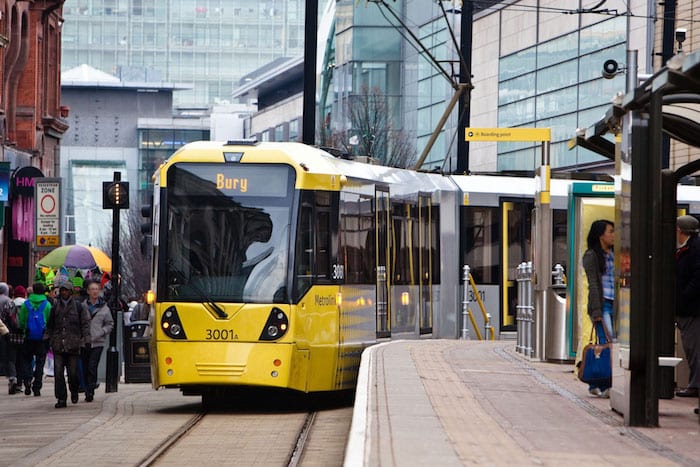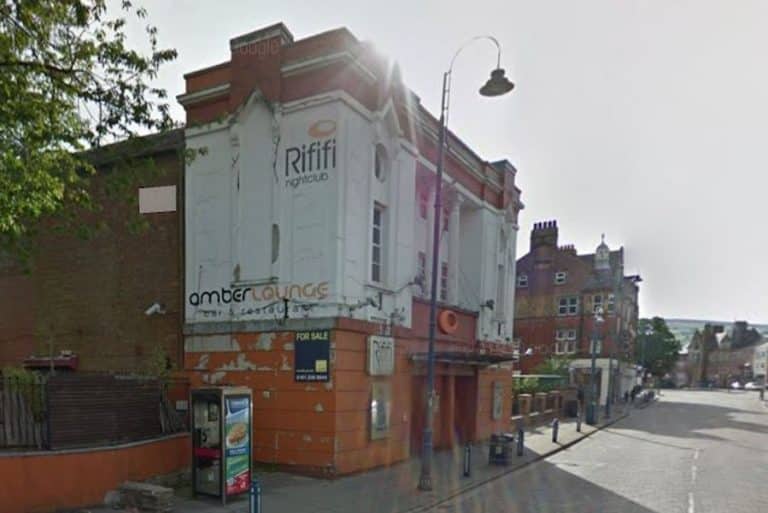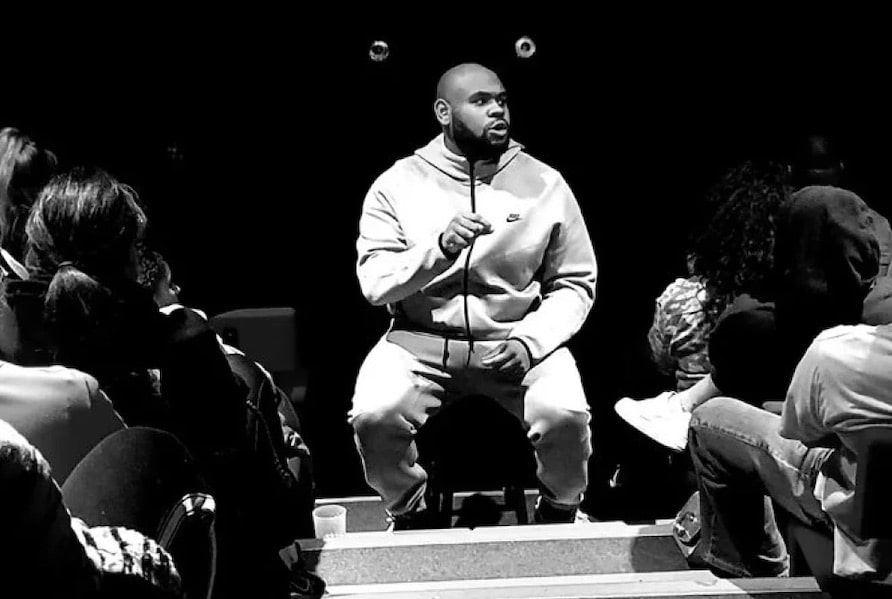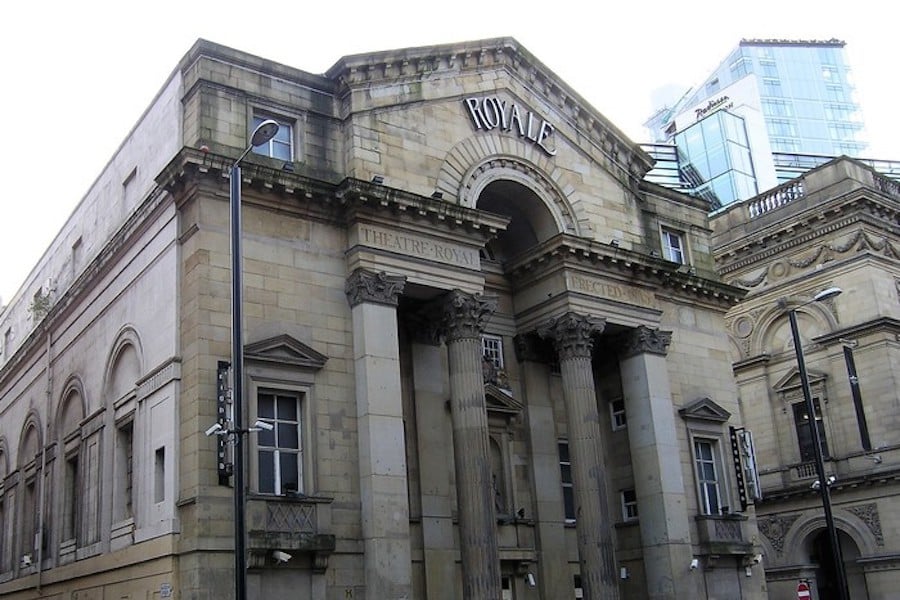Twice back from the dead: how Manchester Metrolink grew to celebrate 25 years
- Written by Ray King
- Last updated 6 years ago
- Lifestyle, Travel & Hotels

Greater Manchester’s Metrolink yesterday marked the 25th anniversary of the first tram arriving at Bury’s converted railway station. The system’s growth to today’s 60-mile network is an achievement truly worthy of celebration. For it was realised against formidable odds – both political and financial – that have received too little attention.
For the truth is that Metrolink, much admired and envied by cities whose own ambitious tram systems were cancelled, was effectively dead in the water twice in its quarter century history.
Only persistent campaigning and the application of unique Mancunian can-do political inventiveness prevented the the much vaunted ‘Big Bang’ expansion of the system – to Oldham/Rochdale, Ashton-under-Lyne, Didsbury, Wythenshawe and Manchester Airport – from going out with a whimper.
When the then Prime Minister Tony Blair rode the first tram on the Eccles line in 1999, he promised £520 million of government funding for the Big Bang project. Five years later, despite fervent hopes that the Ashton route should reach the City of Manchester Stadium in time for the Commonwealth Games in 2002, there was no progress on any of the lines.
Then in July 2004, by which time the estimated cost of the expansion had ballooned to almost £1 billion, Secretary of State for Transport Alistair Darling cancelled it and withdrew the offer of funding on the grounds that the new routes were proving too expensive. The ambition of creating a comprehensive tram network within Greater Manchester died for the first time. So did similar projected schemes in Leeds, Liverpool and Southampton, never to be revived.
Manchester, however, wouldn’t lie down. The ‘Back on Track’ campaign was launched and backed by politicians of all parties, employers and trade unions. Junior transport minister Tony McNulty responded by repeating the mantra “not this system, not at these prices” at every opportunity.
But in 2006, the Labour government was persuaded to put the original £520m offer back on the table. However, the offer not only fell more than £400 million short of estimated costs, it came with strings. And what strings they turned out to be.
Darling, who became Chancellor of the Exchequer the following year, insisted that the government funding should be subject to radical plans to improve public transport and, crucially, reduce congestion.
The solution proposed by Greater Manchester Transport Authority and enthusiastically backed by Labour ministers, was the granting of a multi-billion pound loan for transport projects – the so-called Transport Innovation Fund (TIF) – in return for the imposition of a congestion charging scheme on motorists.
But the congestion-charge-for-Metrolink idea proved so toxic that, after the thumping election defeat of transport authority chairman Roger Jones, the issue was taken out of mainstream politics and earmarked for a referendum. Despite local council leaders insisting there was ‘no Plan B’ for delivering Metrolink’s expansion, the scheme was overwhelmingly rejected in December 2008 by voters. Big Bang was dead again.
Yet by 2016 the trams were running on all the proposed routes and earlier this year the second city centre crossing was opened. The resurrection was complete.
Manchester city council leader Sir Richard Leese told me: “There was no plan B at the time. But after the referendum result and after the recession kicked in, I asked officers to look at the proposals in a different way.”
It turned out to be a classic piece of Mancunian lateral thinking not unlike that deployed to deliver the Bridgewater Hall years before.
Metrolink’s extension plan was recast not simply as a transport scheme but one with much greater emphasis on economic benefits and job creation. Ministers, looking for investment opportunities to counter the impact of the recession, took the bait.
“We were effectively able to cut a deal with the government which, though nowhere near as good as we would have got through TIF, allowed us to go ahead,” said Sir Richard.
The change of tactic which delivered the Metrolink expansion may have a more far-reaching effect.
Sir Richard said: “We have slowly, since then, seen changes in the way that the Department for Transport assesses schemes; they are now prepared to look at a strategic case rather than simply numbers of people travelling and time saved. Where we have got to with the two Northern Rail franchises is very much through a strategic approach rather than the traditional way of things.”
The current buzz phrase regarding Greater Manchester’s future, viewed with varying degrees of envy by neighbouring regions and promoted by former Chancellor of the Exchequer George Osborne, is the Northern Powerhouse. It emerged, according to Sir Richard, on the back of the HS2 (High Speed Train) report published in March 2014.
The concept is the latest manifestation of Manchester’s willingness to set party political divisions aside and work with a Conservative government for the city-region’s ultimate benefit.
- This article was last updated 6 years ago.
- It was first published on 7 April 2017 and is subject to be updated from time to time. Please refresh or return to see the latest version.
Did we miss something? Let us know: [email protected]
Want to be the first to receive all the latest news stories, what’s on and events from the heart of Manchester? Sign up here.
Manchester is a successful city, but many people suffer. I Love Manchester helps raise awareness and funds to help improve the lives and prospects of people across Greater Manchester – and we can’t do it without your help. So please support us with what you can so we can continue to spread the love. Thank you in advance!
An email you’ll love. Subscribe to our newsletter to get the latest news stories delivered direct to your inbox.
Got a story worth sharing?
What’s the story? We are all ears when it comes to positive news and inspiring stories. You can send story ideas to [email protected]
While we can’t guarantee to publish everything, we will always consider any enquiry or idea that promotes:
- Independent new openings
- Human interest
- Not-for-profit organisations
- Community Interest Companies (CiCs) and projects
- Charities and charitable initiatives
- Affordability and offers saving people over 20%
For anything else, don’t hesitate to get in touch with us about advertorials (from £350+VAT) and advertising opportunities: [email protected]

Old nightclub at the heart of ‘Staly Vegas’ could be transformed into new food hall

How Sounds from the Other City became the UK’s most unforgettable independent festival

The shared ownership scheme that gave Fiona the family home she always wanted

How shared ownership can get you on the property ladder in 2025

Review: Strictly Come Dancing at the AO Arena is ‘joyous, slick and strictly brilliant’

















